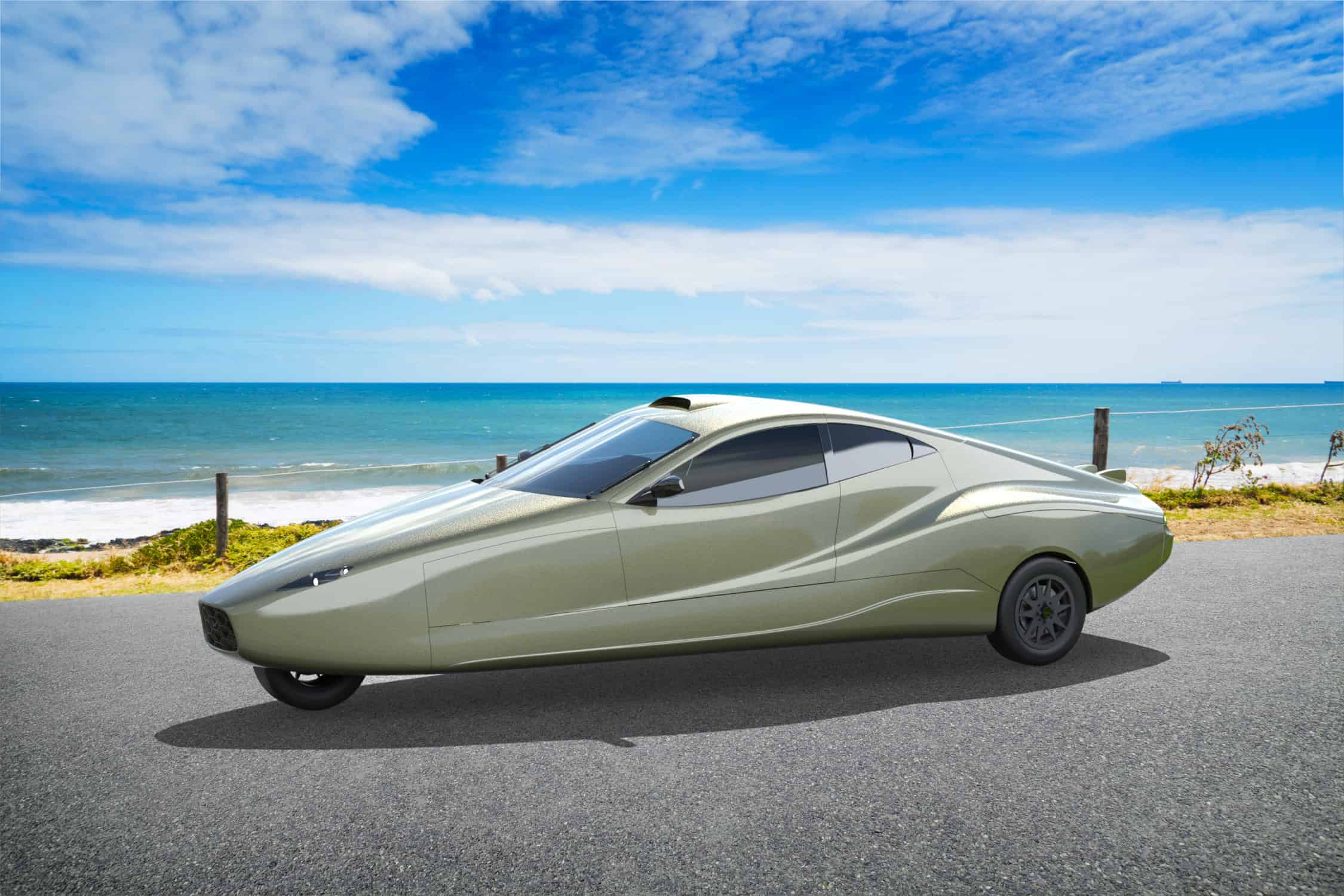EAST LANSING – James Klausner, professor of mechanical and aerospace
engineering at the University of Florida, has been named chair of the Michigan
State University Department of Mechanical Engineering, effective Jan. 1, 2016.
Klausner will replace Alejandro Diaz, who served as chair of the mechanical
engineering department from 2009 to 2015. Diaz is now focused on teaching,
research, and service as a faculty member. Manooch Koochesfahani, associate
dean for Engineering Graduate Studies and Faculty Development, is serving as
the interim chair until Klausner arrives in January.
“We are pleased that Professor Klausner will be joining the College of
Engineering,” said MSU Engineering Dean Leo Kempel. “His academic strength and
leadership skills, as well as deep understanding of the research environment
nationally, will be a tremendous benefit to the Department of Mechanical
Engineering and the college,” Kempel explained. “The cutting-edge education and
research in Mechanical Engineering will have a profound impact for our
students, MSU, the State of Michigan, and nation. I look forward to working
with James.”
Klausner brings distinguished and diverse experiences to MSU. He is a Newton C.
Ebaugh Professor of Mechanical and Aerospace Engineering at the University of
Florida in Gainesville and is a program director at the Advanced Research
Projects Agency-Energy (ARPA-E).
His focus at ARPA-E includes thermal energy storage, energy efficient
manufacturing, and dry cooling for thermoelectric power production. Klausner’s
academic research interests include waste heat and solar driven, low
temperature desalination, solar thermal energy driven synthetic fuel synthesis,
heat exchangers for spacecraft, and high heat flux cooling.
At the University of Florida, Klausner served as the chair of the Energy
Strategic Planning Committee from 2009-2012, interim director for Electronic
Delivery of Graduate Education from 2006-2007, and as coordinator for the
Thermal Science and Fluid Dynamics Research and Education Group in the
Department of Mechanical and Aerospace Engineering from 2002-2012.
Klausner said it is an exciting time to be coming to Michigan State:
“MSU Engineering is on an upward trajectory,
and MSU is certain to have regional, national and global impact on engineering
education and research. I very much look forward to working with an esteemed
Mechanical Engineering Faculty and a superb student body to achieve preeminent
status among our peer institutions,” he said.
“While at the Department of Energy, a major initiative I pushed forward
involves lightweighting the nation’s vehicle fleet with efficient and
sustainable manufacturing to produce the most competitive vehicles worldwide,” Klausner said. “There is no better place than the State of Michigan to
continue to push that vision forward. There are no shortages of engineering
grand challenges, and I look forward to leading the Mechanical Engineering
Department to take on new challenges with innovative and creative ideas in a
collaborative framework within the College and University.”
Within the academic engineering community, Klausner is best known for his
fundamental science contributions to thermal fluids energy transport. He is a
Fellow of the American Society of Mechanical Engineering and the Japan Society
for the Promotion of Sciences, in addition to serving on the editorial boards
of the International Journal of Heat and Fluid Flow, Frontiers in Heat and Mass
Transfer, and the Open Journal for Thermodynamics.
He has authored more than 100 technical publications in the thermal fluid
sciences and holds eight patents or patent applications.
Among his awards is the SAE Ralph Teetor Educational Award, the Journal of
Computational Physics top downloaded article in 2013, and a 2013 ASME Heat
Transfer Division 75th Anniversary Award.
He routinely serves on National Aeronautics and Space Administration and
National Science Foundation panels, and has been invited as a keynote speaker
at several international heat transfer conferences.
He received a bachelor’s degree in marine systems engineering from the United
States Merchant Marine Academy (1984) and master’s (1986) and Ph.D. (1989)
degrees in mechanical engineering from the University of Illinois,
Urbana-Champaign.






